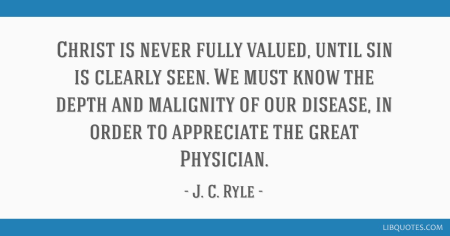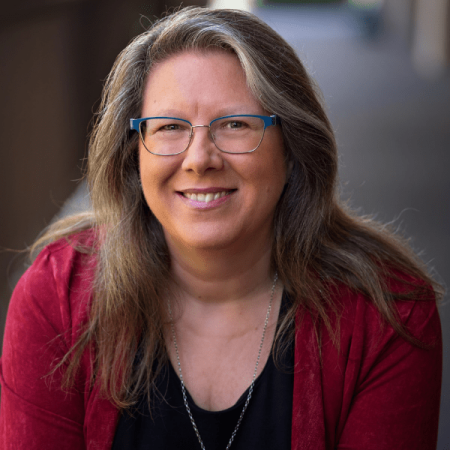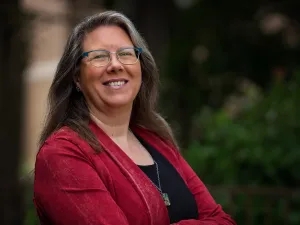
“The good physician treats the disease; the great physician treats the patient who has the disease.”
– Sir William Osler, 1849-1919
I wrote this poem the other day for ‘Thankful Thursday’ on my own blog. Knowing that many who visit Broken Believers struggle with illness and pain, I thought this would be good to share here as well.
There are plenty of cracked clay pots that find this place, and God’s in the business of putting the pieces back together. It’s His special supernatural work, and only He can do it properly.
He loves helplessness. He cures the sick. It’s what He’s been called to do.
“And when Jesus heard it, he said to them, “Those who are well have no need of a physician, but those who are sick. I came not to call the righteous, but sinners.”
Mark 2:17
Our Great Physician
Illness comes to everyone –
pain, fever, fatigue, and tears
Chronic or acute, it’s such a trial –
these clay pots we inhabit
are so incredibly fragile
even in the hands of the Potter
But our Great Physician
provides strength, comfort –
Sometimes He brings doctors,
nurses, and medication –
Wisdom and talents used
to do His will, to heal, to mend
Sometimes all it takes
is to touch the hem of His robe –
Like the woman who bled
for twelve long years, outcast
one moment, then healed
completely and wholly
The greatest good –
spiritual health and salvation
for the least of us, for all –
each clay pot is used to help others
as grace leaks out of cracks –
Cracks that never seem to heal
Sometimes what the Physician
has in store is our ultimate healing –
A new body, new life eternal
in a place of no more pain,
no tears, energy galore –
as death brings everyone home
“But we have this treasure in jars of clay to show that this all-surpassing power is from God and not from us. We are hard pressed on every side, but not crushed; perplexed, but not in despair; persecuted, but not abandoned; struck down, but not destroyed.”
2 Corinthians 4:7-8


Check out Linda’s blog.









